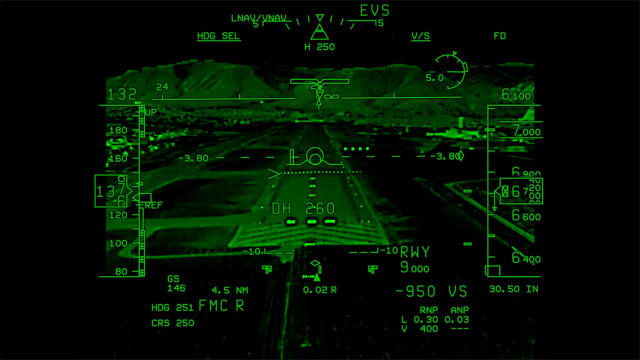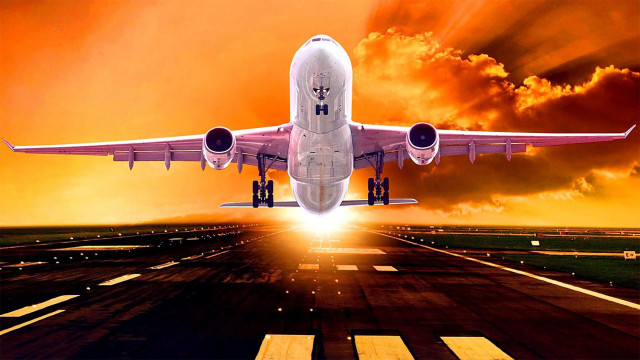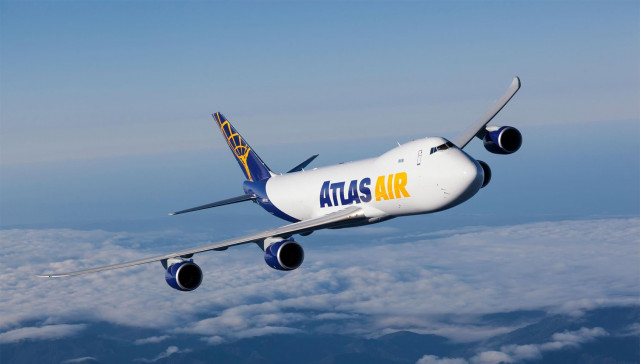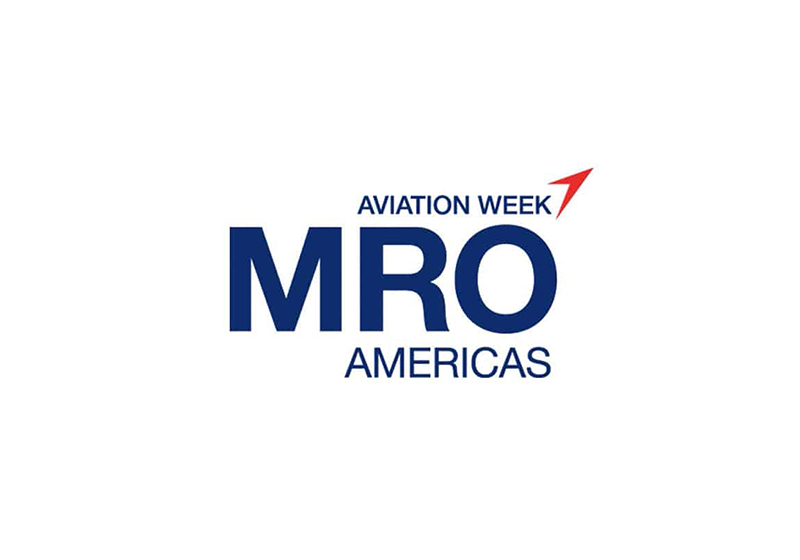Collins Aerospace is beginning installation of its new Enhanced Flight Vision System (EFVS) for Boeing 737 aircraft. Texel Air, operating out of Bahrain International Airport, will be among the first operators to receive the new system that includes Collins? EVS-3600, a multi-spectral imaging sensor to ?see through? poor visibility and darkness better than the human eye.
Historically used by military and business aircraft, the newly certified system will allow widespread adoption of EFVS by airlines for the first time. The EVS-3600 uses multiple infrared and visible light cameras providing pilots with a head-up view that exceeds natural vision. When viewed on a head-up display, EFVS increases situational awareness and enables operations in low visibility conditions.
Texel Air?s fleet of 737 FlexCombi? aircraft can be configured to suit a wide range of cargo and passenger flights in the Middle East and North Africa. The EVS-3600 system adds additional capability to these versatile aircraft allowing them to operate safely and efficiently in the most difficult locations and environments.
?We are excited to adopt Collins enhanced vision technology on our 737 fleet,? said George Chisholm, director, Texel Air. ?Our clients depend on Texel Air for our unique ability to operate a variety of missions in locations ranging from major airports to smaller remote runways. EFVS technology further expands our flight capabilities and allows us to better serve our customers.?
?EFVS technology is evolving the way airlines can operate their aircraft,? said Troy Brunk, president of Avionics for Collins Aerospace. ?737 operators who adopt EFVS may enjoy a competitive advantage from improved on-time performance, operational cost savings, and reduced carbon emissions.?
The new EVS-3600 system, along with the complementary HGS-6000 Dual Head-up Guidance System, will be available for retrofit on both 737 NG and 737 MAX models. Additionally, the new EVS will soon be available as a linefit option for new delivery Boeing 737 MAX aircraft.






